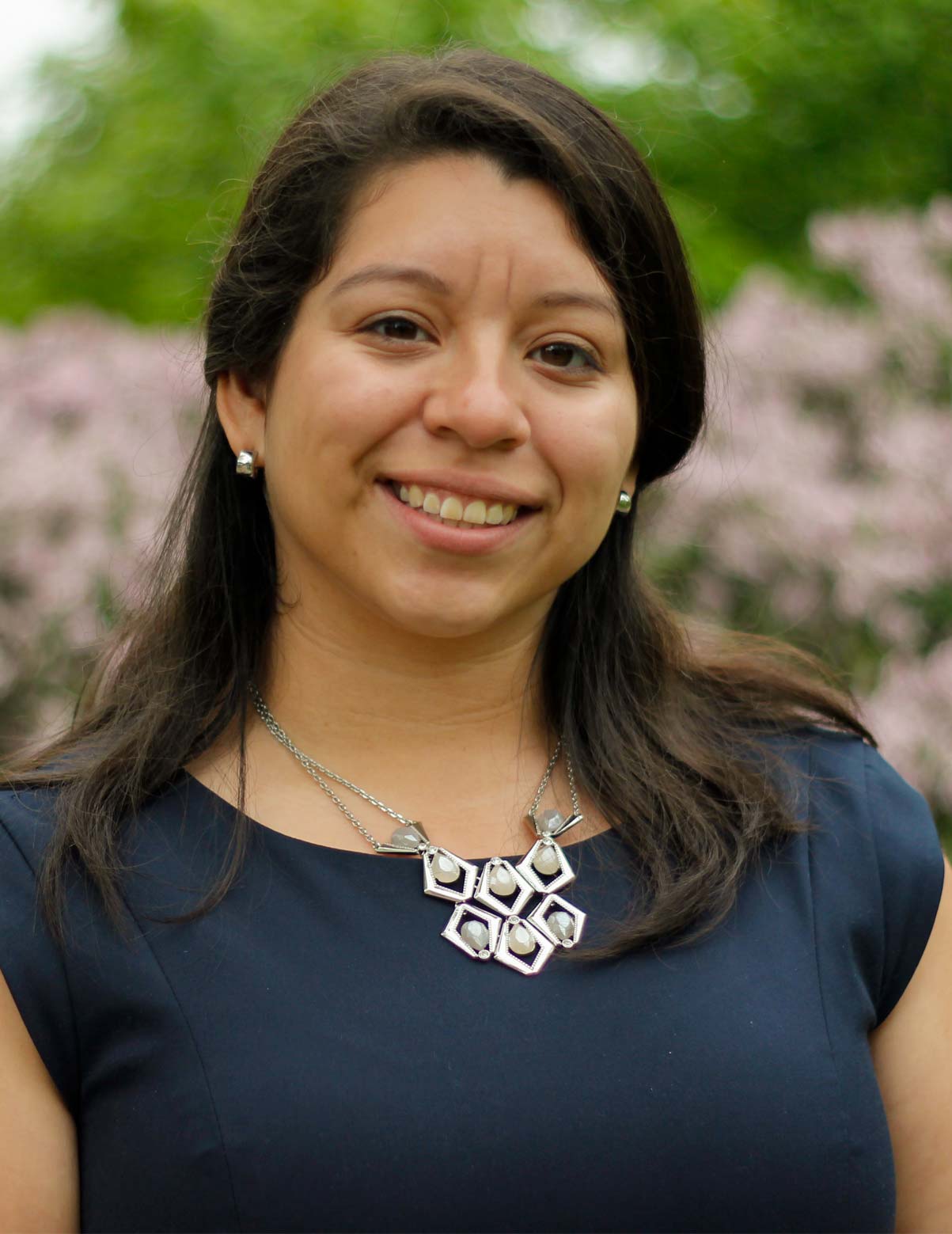Our undergraduate, graduate, and alumni features are designed to give students a voice on the Department of History web site. If you'd like to be featured, please let us know.
- About Me
- I'm a historian of Latin America from the Bronx, New York. My undergraduate degrees from Wesleyan were in Latin American Studies and Spanish Literature.
- What I'm working on
- I'm looking at popular education before, during and after the war in El Salvador, and in the Latin America diaspora. During the civil war in El Salvador, people who had very little teaching instruction—2nd or 3rd grade knowledge—created an alternative education in response to the state's neglect during a war. These teachers would teach kids and adults in their community, and it wasn't just about reading but about critical thinking. For instance, students learn to write the word guerra (war) in its different forms, but then they'd also learn what the war meant for campesinos, or rural people, and how it affected them.
- One of my great uncles was a former guerilla soldier and I used that contact to see if he knew any "popular teachers" (that's what they're called). I spent my summer doing interviews with as many teachers as I could find. It was fascinating. They were teenagers, some of them 14-year-olds, when they took it upon themselves to teach, to give whatever they could give to their communities. I found out that after the war, the ministry of education co-opted these informal schools and took credit for them, so the project is a study of popular teachers and their work in different physical spaces: in rural El Salvador, in the post-war ministry of education, and abroad in the US as the Salvadoran community dispersed.
- The IU effect
- I learned about IU in El Salvador. I got into history doing undergraduate research on monuments and museums dedicated to the victims of the civil war in El Salvador and the dictatorship in Chile for my undergraduate thesis. A contact in El Salvador at a very large museum mentioned IU's video archive and the fact that it had clips from several documentaries for El Salvador's civil war in the archive, and that's how I ended up applying to IU.
- I thought I would continue that research, but that all changed in my first class, a seminar class with Professors Jeff Gould and Danny James on utopias (or utopianism) in Latin America. I came across a book called Fighting to Learn, on people-led education in which there's an emphasis on being aware of social, political and economic movements. Then I took an oral history class and it made me think about the ways interviews and personal testimonies should be analyzed. The silences, and what people don't say, say things about their story. It's really helped me think about why people hold back in an interview. What was their moment of silence about?
- Building a transnational community
- I chose IU over several other schools because when I came to visit during my recruitment, I felt like there was a support network here, from faculty to peers. I'm very happy with that decision. I'm the legal guardian of my younger brothers, and I wouldn't be here doing what I'm doing if it weren't for the support I've gotten from the history department, from the university, from the community that I saw when I first visited.
- That's true even outside of Bloomington. Last year, I presented my work at the Latin American Studies Association conference with a former IU graduate student who's now a professor at a state school in Connecticut. It was very helpful because I got to network with other people working on education in Central America. LASA was in New York, so I also got to bring my brothers, who live with me here in Bloomington now, back to visit family and just be at home.
- Bringing the past into the university's present
- Salvadorans are the third largest minority group of Latino/as in the US. We should know more about them because they have a huge impact on the country. I had a unique opportunity to co-teach an introduction to Latino History with a professor of sociology, where I was the "in-house historian" bringing historical context and perspective to a class about the present and future of Latino/as. In this class I talked about the history of Salvadorans and other Latino/a groups in the U.S. and in their home country. I don't think you can talk about the huge presence of Latinos in the U.S., who live transnational lives and are very involved in the economy and politics, without talking about the history of Latin America.
- I volunteer here with the Latino Cultural Center, La Casa. I'm co-chair of the Latino Graduate Student Association, and I'm an emissary for the graduate school for their diversity program. We recruit under-represented students to come to IU, but we also need to work to retain them, to give them support, to foster community so they can excel as students here. I would love to be a dean of students or a dean of diversity and multicultural affairs. I want to bring some of my research on popular teachers to bear as I work with students, and I want to do that via my teaching, but an additional administrative role would let me be hands-on and involved with diversity affairs to build more communities like the one here at IU that supported me.

 The College of Arts + Sciences
The College of Arts + Sciences